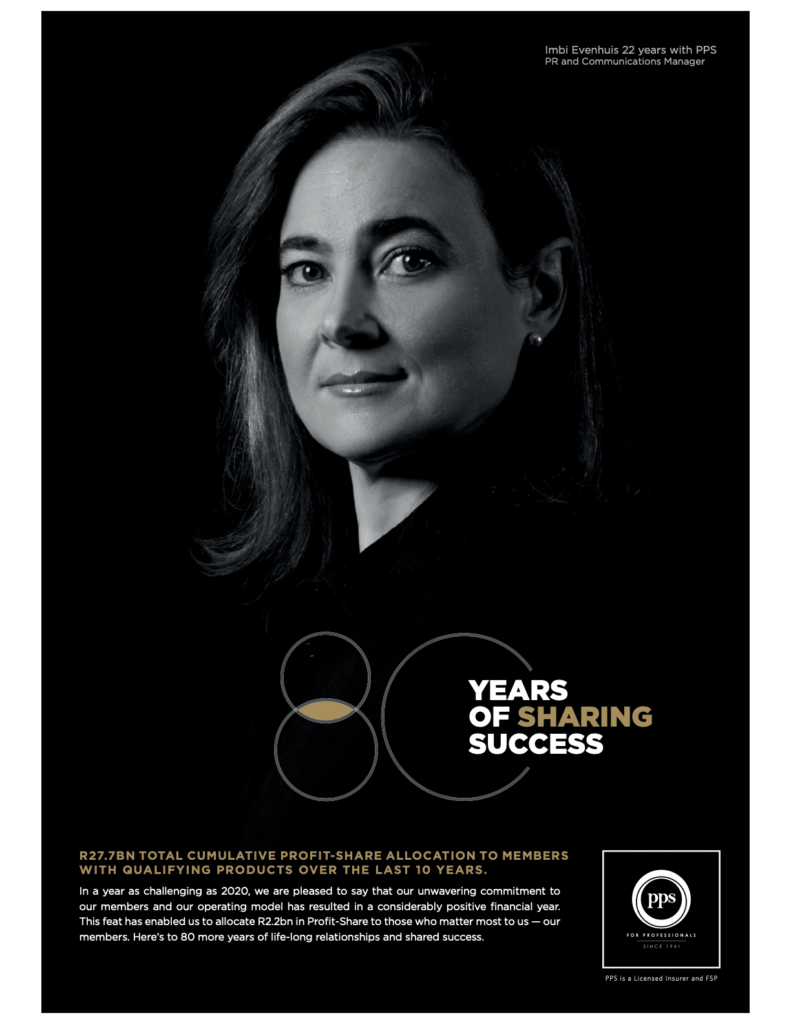
Simmi Bassudev, CEO, PPS Healthcare Administrators
The COVID-19 pandemic has highlighted and raised the conversation more prominently as it relates to the accessibility of healthcare for all South Africans. Although the conversation has been top-of-mind for policymakers, government, medical professionals and the healthcare industry in general, the pandemic has more so than ever, brought to the forefront the critical nature of accessible healthcare for consumers across both the private and public sectors.
The public sector’s challenges relating to resourcing, patient demand, professional capacity and infrastructure have been brought squarely into the spotlight with the result that more consumers are seeking healthcare products to cover their healthcare needs.
The purchase of various forms of healthcare cover remains shrouded in complexity and medical jargon which is not well-understood by the average consumer. The mandate is simple yet complex – universal healthcare coverage for all. The topic of National Health Insurance has been prominent in conversations for many years and the purpose is strong and clear, but it is the “how and when” that will bring clarity to the mandate.
Private sector healthcare funding has seen some fundamental shifts particularly with an increase in the purchasing of healthcare insurance products by previously uncovered consumers although some cite affordability of medical scheme products as a problem as well as deciding on the type of insurance products. There is a significant difference between medical scheme and healthcare insurance products. Unfortunately, the complexity and jargon blur the understanding and distinction between the two, leaving consumers with an element of “surprise” when claims are submitted for insurance products.
If I were to pose the question to a consumer on what they believe the average cost of a medical procedure would be and how the bill is made up, many will be left unable to answer this. This lack of involvement and understanding is then further exacerbated by elements like supplier induced demand, duplication of services, lack of coordination among healthcare professionals which results in above-inflation medical costs. The question to be posed here is who owns this mandate?
A medical scheme administrator’s role is to navigate these issues in partnership with the medical schemes it administers along with several stakeholders in the ecosystem. The overall emphasis must be on the consumer’s needs, access to the services and overall patient outcomes and cost. This typically is an emotionally sensitive time, so forming a relationship of trust and dependability is of crucial importance.
PPS Healthcare Administrators has implemented a revolutionary, digitally enabled, outcomes-based managed care solution in partnership with BrandMed that addresses the reactive fragmented, inefficient and expensive medical care model.
While a fundamental shift in the adoption of digital solutions has taken place transforming everyday access and delivery of quality healthcare for patients, doctors, insurers and pharmacies alike, chronic lifestyle diseases add to the burden of medical costs, eroding access by patients to benefits where they are most needed.
Outcomes-based patient management using technology as an enabler is now more critical than ever. A partnership model is crucial to success and we have centred our approach around the GP who plays a pivotal role as the coordinator of care within the health ecosystem which together with technology, transforms delivery and improves patient care.
This is a unique solution for the healthcare industry as it provides a single view, digital ecosystem that empowers the patient to optimally manage their health and well-being needs in conjunction with their GP who can make informed clinical decisions and spend time engaging with patients. Providing home-based solutions to severe and high-risk members is supported by a network of providers including the treating GP, a coach and nurses that do home-based visits.
We believe this takes healthcare one step closer to the mandate of providing quality, accessible care that is human-centered and puts the person who needs the most, the patient, at the centre of healthcare management.


